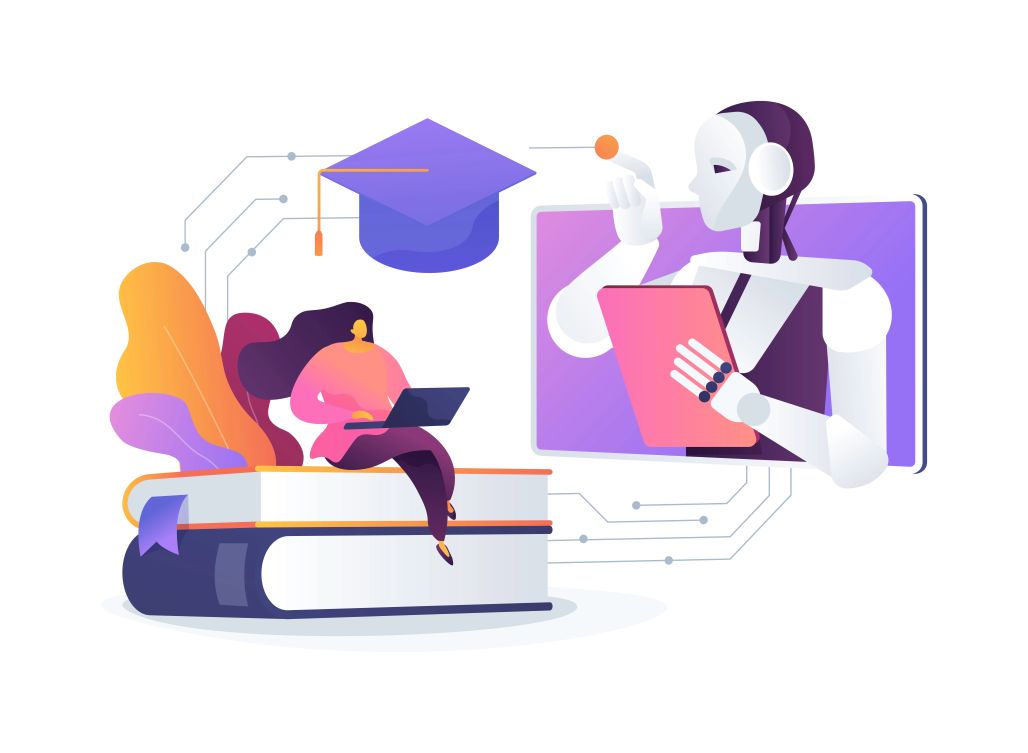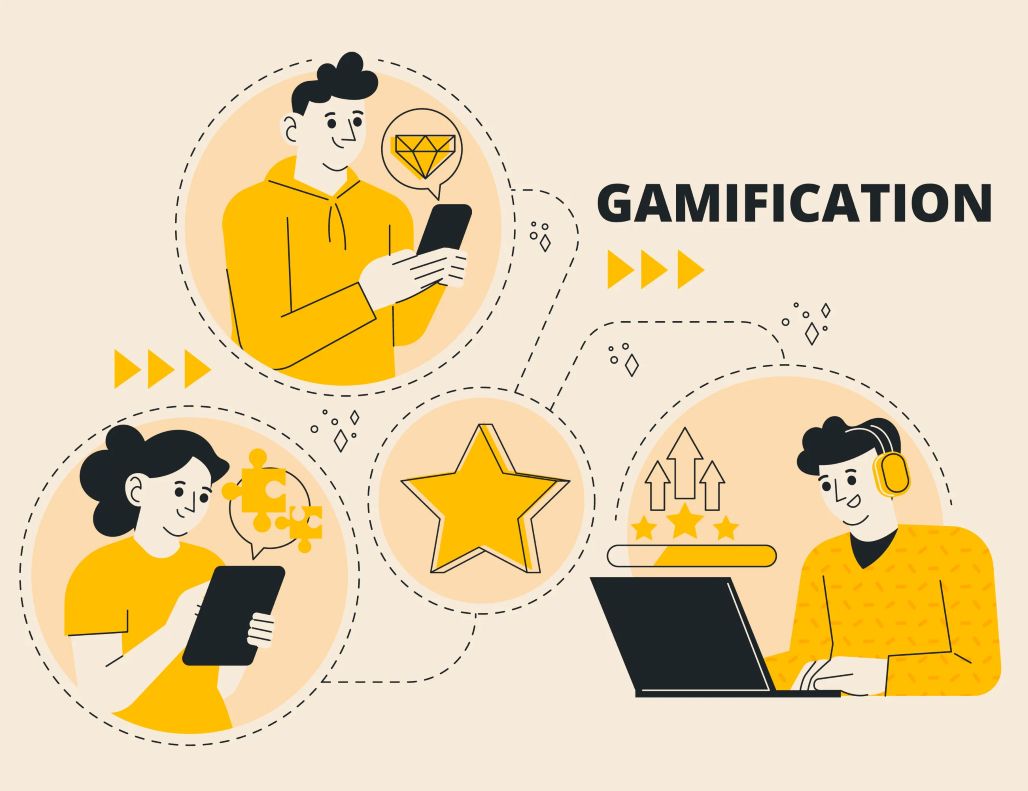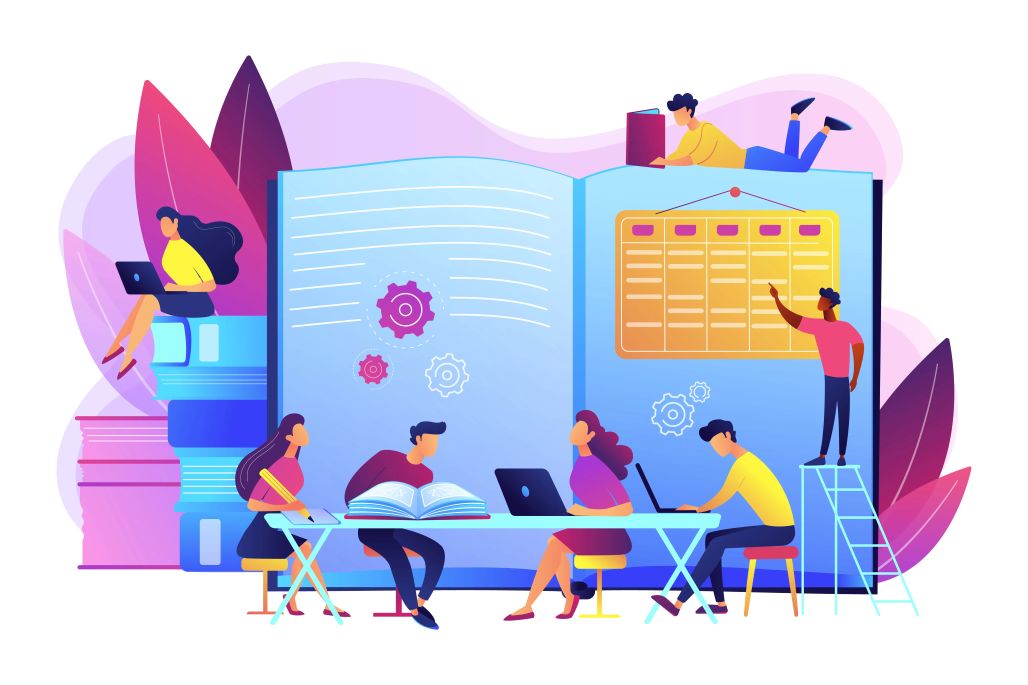In 2025, corporate training is undergoing a profound transformation. Learning and Development (L&D) leaders are embracing innovative approaches to meet the evolving needs of the workforce. From integrating cutting-edge technologies to fostering a culture of continuous learning, these trends are reshaping how organizations approach employee development.As the workplace continues to evolve, understanding the latest trends in corporate training helps organizations stay competitive and future-ready.
From AI-powered adaptive learning platforms to mobile-accessible microlearning modules, technology is enabling smarter, faster, and more effective training. L&D teams are also emphasizing collaborative learning, leadership development, and real-time analytics to continuously improve learning outcomes and ensure knowledge retention.
For corporate organizations looking to implement these modern training solutions, platforms like Calibr offer robust solutions. These tools empower companies to deliver personalized learning experiences, create and manage engaging content, and centralize learning resources—all while tracking progress and demonstrating ROI.
With the right platforms and strategies, corporate training can enhance workforce skills, boost engagement, and drive organizational performance in ways that were not possible just a few years ago. Keeping an eye on key corporate training trends 2025 will help companies anticipate learning challenges and opportunities.
Ready to take your corporate training to the next level? Explore our website or Contact us today to get started
AI-Powered Personalized Learning

Among the most impactful trends in corporate training is the integration of AI, which personalizes learning experiences based on individual needs.Artificial Intelligence (AI) is rapidly transforming corporate training into a more intelligent, adaptive experience. Rather than delivering the same content to every employee, AI-driven platforms analyze individual learning patterns, skill gaps, and progress to create personalized learning journeys. This ensures that employees receive training relevant to their specific roles and development goals.
For example, Calibr Learn leverages AI algorithms to recommend courses, suggest learning sequences, and even adjust the difficulty of modules based on learner performance. As part of the top corporate training trends 2025, personalization through AI remains central to effective workforce development. Calibr's Personalized learning not only increases engagement but also accelerates skill acquisition, reduces knowledge gaps, and enhances long-term retention. Employees feel more motivated when training aligns with their interests and career aspirations, and organizations benefit from a more competent and agile workforce.
Benefits at a glance:
Tailored content for individual learner
Adaptive course pacing and difficulty
Improved retention and application of knowledge
Enhanced employee motivation and satisfaction
Microlearning for Enhanced Retention
In today’s fast-paced work environment, employees often struggle to absorb large amounts of information in one go. Microlearning addresses this challenge by breaking content into short, digestible modules—often just a few minutes long.This approach remains one of the most practical trends in corporate training, especially for companies managing large, busy teams.
This method allows employees to learn in small bursts at their own pace, making it easier to focus and retain information. Microlearning is especially effective for “just-in-time” training, where employees can quickly access content relevant to immediate tasks or challenges.
Platforms like Calibr’s suite of tools support microlearning through bite-sized lessons, interactive quizzes, and scenario-based exercises. For instance, a sales team can complete a micro-module on new product features right before a client meeting, ensuring knowledge is fresh and actionable.
Key advantages:
Reduces cognitive overload
Supports learning on demand
Enhances knowledge retention and practical application
Fits seamlessly into employees’ schedules
Gamification to Boost Engagement

Gamification makes learning engaging and enjoyable by incorporating game-like elements such as points, badges, leaderboards, and interactive challenges. It transforms traditional, passive training into an active experience that motivates employees to participate consistently.Gamification continues to be among the key corporate training trends 2025, driving higher engagement across global teams.
On Calibr’s platform, gamification encourages healthy competition, tracks progress, and rewards achievements, making learning feel more like a journey than a chore. For example, employees completing modules on compliance training can earn badges or unlock levels, reinforcing their commitment to mastering content.
Why it works:
Increases learner engagement and motivation
Promotes healthy competition and achievement recognition
Reinforces learning through rewards and feedback
Encourages consistent participation across teams
Mobile Learning for Flexibility
With remote and hybrid work becoming standard, training must be accessible anytime, anywhere. Mobile learning allows employees to complete courses from their smartphones, tablets, or laptops, ensuring learning fits into their daily routines.
Calibr’s mobile-optimized content allows offline access, interactive exercises, and push notifications to remind learners of pending modules. For instance, a project manager traveling between client sites can complete leadership modules during downtime, maintaining continuity in skill development.Mobile optimization remains a highlight of the latest corporate training software trends 2025, catering to remote and hybrid teams.
Benefits include:
Learning on-the-go without time constraints
Seamless access across devices
Supports diverse and distributed teams
Encourages continuous skill development
For more information, read our full blog on Microlearning: The Future of Corporate Training in 2025
Collaborative Learning and Social Engagement

Modern L&D emphasizes learning as a social process. The growing focus on peer learning and knowledge sharing represents one of the most valuable trends in corporate training today. Collaborative learning enables employees to share knowledge, solve problems together, and learn from diverse perspectives. Social features such as discussion boards, peer feedback, and group projects enhance engagement while fostering a strong organizational culture.
Calibr’s collaborative features support team-based learning, virtual workshops, and discussion forums where employees can interact, ask questions, and share insights. For example, a cross-functional team can collaboratively complete a problem-solving module, applying real-world scenarios while learning from each other.
Advantages:
Builds stronger teamwork and communication skills
Enhances problem-solving through peer learning
Encourages knowledge sharing across departments
Strengthens company culture
Real-Time Analytics for Continuous Improvement
One of the most significant trends in corporate training and development today is the increased use of analytics to measure performance outcomes. Data-driven decision-making is crucial in evaluating training effectiveness. Real-time analytics provide insights into learner engagement, module completion, quiz performance, and knowledge gaps.
Using Calibr’s analytics tools, L&D leaders can monitor individual and team progress, identify areas for improvement, and make informed adjustments to programs. For example, if data shows low engagement with a compliance module, trainers can redesign it with interactive elements or microlearning segments.
Key benefits:
Monitors learner performance and engagement
Measures ROI of training initiatives
Supports proactive improvements in content delivery
Helps align training with organizational goals
Leadership Development Focused on Emotional Intelligence

In 2025, developing leaders who can manage people effectively is as important as technical expertise. Emotional Intelligence (EI) equips leaders with skills to manage stress, empathize with team members, and navigate complex interpersonal dynamics.This focus reflects broader trends in corporate training and development, where emotional and behavioral competencies are prioritized alongside technical skills.
Calibr’s leadership modules incorporate EI-focused content, including self-awareness exercises, scenario-based decision-making, and coaching techniques. For instance, managers can practice conflict resolution in simulated environments, improving real-world leadership skills.
Benefits for organizations:
Creates empathetic, resilient leaders
Improves team performance and morale
Enhances decision-making under pressure
Prepares leaders for dynamic workplace challenges
SCORM Compliance for Seamless Integration
Among the latest corporate training software trends 2025, SCORM compliance ensures seamless integration across digital learning platforms.With multiple Learning Management Systems (LMS) in use, ensuring content compatibility is critical. SCORM (Sharable Content Object Reference Model) compliance allows training modules to integrate seamlessly across platforms without technical glitches.
Calibr’s SCORM-compliant content ensures employees have a consistent, accessible learning experience regardless of the LMS in use, simplifying administration and reporting.
Advantages:
Ensures consistent user experience
Compatible with existing LMS infrastructure
Simplifies tracking and reporting
Facilitates content reusability
Multi-Language Support for Global Teams
Global organizations need inclusive training solutions. Multi-language support ensures all employees can access content in their preferred language, bridging knowledge gaps and promoting equity.
Calibr’s platform supports multiple languages, allowing employees across regions to engage effectively with training content. For example, a multinational team can complete safety training in their native languages, ensuring compliance and understanding.
Benefits:
Supports global workforce diversity
Enhances comprehension and engagement
Promotes equitable learning opportunities
Facilitates consistent training standards worldwide
Ready to enhance your workforce and take learning outcomes to the next level?
Sign up for a 14-day free trial or schedule a demo
Corporate Training Trends: By the Numbers
Understanding the impact of these trends is crucial for L&D leaders. Keeping pace with emerging corporate training trends ensures that businesses continuously align learning strategies with workforce expectations. The following insights showcase major corporate training industry trends shaping global learning initiatives.
AI Integration in Training: 93% of companies are increasing their investments in AI, yet less than half are upskilling staff to effectively utilize these tools. This gap underscores the need for targeted AI training programs.
Microlearning Effectiveness: Employees are 50% more likely to retain information from short, interactive training sessions compared to traditional lectures, emphasizing the effectiveness of microlearning.
Employee Engagement: Organizations that invest in training experience a 24% higher profit margin, indicating a direct link between employee development and financial performance.
Global AI Adoption: 92% of executives plan to boost spending on AI in the next three years, with 55% expecting investments to increase by at least 10%, highlighting the growing emphasis on AI in corporate strategies.
Employee Learning Preferences: 58% of employees prefer to learn at their own pace, suggesting that personalized and flexible training programs are more effective in enhancing learning outcomes. According to corporate training L&D news today, organizations prioritizing personalized and flexible learning report significantly stronger employee engagement rates.
Corporate Training in Practice: A Real-World Example
To see these trends in action, consider the case of a leading global technology firm that recently revamped its corporate training program.
Scenario: The company faced challenges in upskilling a diverse workforce to keep pace with rapidly evolving technologies. Traditional training methods were struggling to engage employees and deliver measurable results.
Solution:
AI-Powered Personalized Learning: The company implemented an AI-driven platform, similar to Calibr Learn, which tailored training content to individual employee needs, learning styles, and career aspirations. This personalized approach significantly increased engagement and knowledge retention.
Microlearning Modules: Short, interactive learning segments allowed employees to learn at their own pace and immediately apply knowledge. This approach improved retention rates while reducing overall training time.
Gamification Elements: Incorporating leaderboards, points, and rewards motivated employees to actively participate, fostering a competitive and engaging learning environment.
Real-Time Analytics: The platform’s analytics provided actionable insights into employee progress and skill gaps, enabling timely interventions and continuous improvement of the training program.
Outcome: Within six months, the company reported a 30% increase in employee performance metrics and a 20% reduction in training costs, demonstrating the effectiveness of modern, technology-driven learning strategies.
For organizations looking to replicate these results, platforms like Calibr provide the tools to implement AI-powered personalized learning, microlearning, gamification, and real-time analytics.
Ready to transform your corporate training? Explore our website or Contact us for more details.
BRINGING IT ALL TOGETHER
The corporate training landscape in 2025 is characterized by technological integration, personalized learning experiences, and a focus on emotional intelligence. These shifts reflect ongoing corporate training industry trends that redefine how businesses invest in learning.As these trends in corporate training continue to evolve, organizations must embrace innovation to stay relevant in a changing learning ecosystem. Organizations that embrace these trends will be better positioned to develop a skilled, engaged, and adaptable workforce. By leveraging platforms like Calibr, which offer AI-powered personalized learning, microlearning, gamification, and real-time analytics, L&D leaders can effectively navigate this evolving landscape and drive organizational success. Organizations following corporate training trends 2025 can integrate AI, analytics, and microlearning for a holistic approach to L&D. Staying aligned with emerging trends in corporate training and development allows companies to build resilient, future-ready teams.
For more information on how Calibr can support your organization's training needs, explore our AI-powered personalized learning platform, content creation and management suite, and centralized learning resource library.
Sign Up for a 14 days free trial, Contact Us to learn more, or Schedule a Demo to see our solutions in action.


